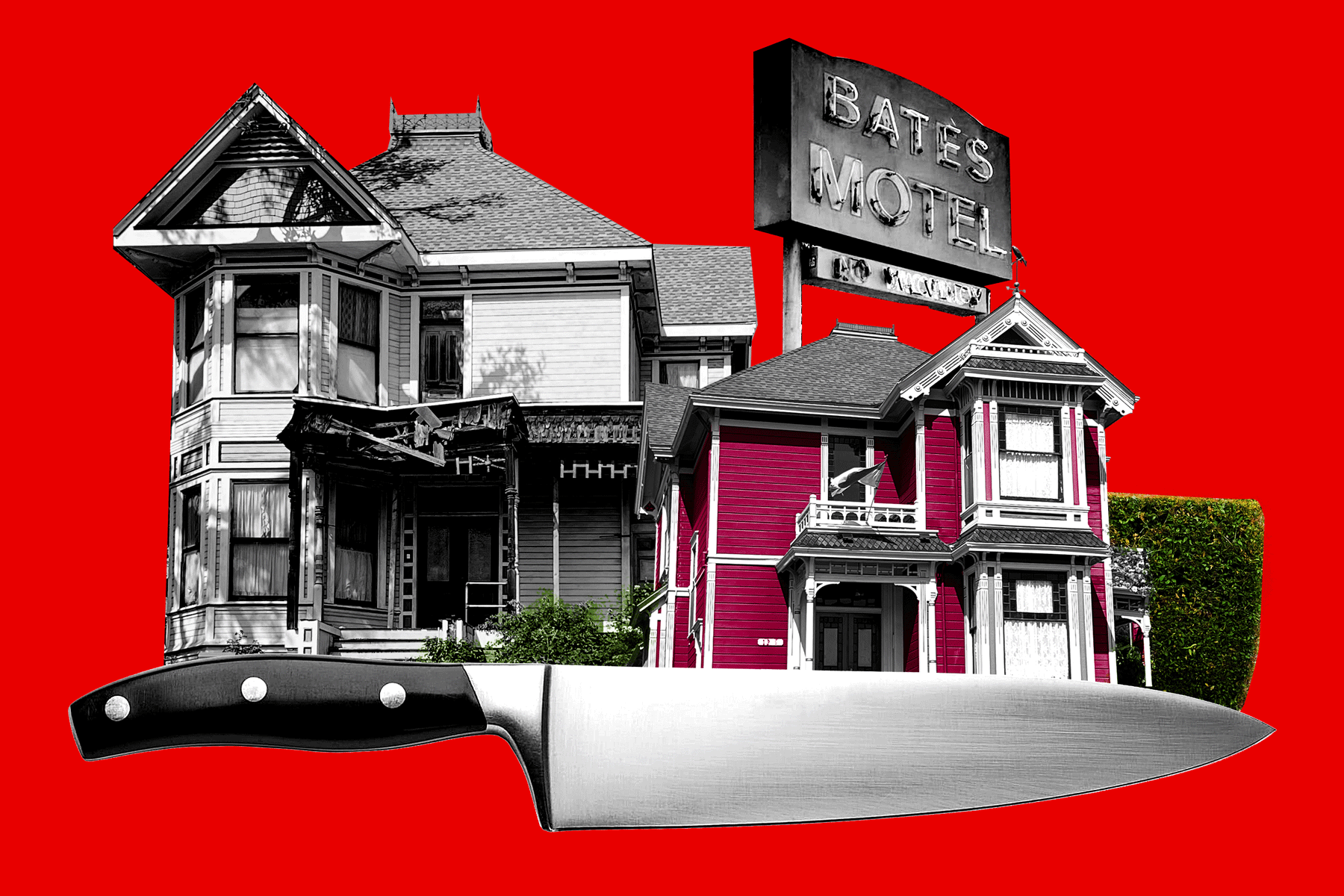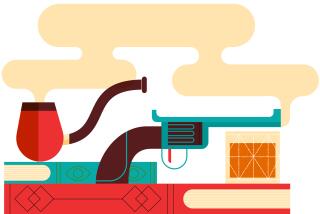House of Horrors
- Share via
Ann Beattie is regarded as one of our finest observers of upper-middle-class urban and suburban contemporary culture. Her prose is gentle, spare and incisive, and her stories offer careful psychological profiles of everyday life. Like Updike, to whom she is sometimes compared, Beattie’s beat is how Americans love and cheat, how families grow and fragment and expire. Her latest novel continues in that tradition, though with a wonderful exception: She has loosed a monster in “The Doctor’s House.”
The novel’s first narrator, Nina, a copy editor in her early 40s living in Cambridge, Mass., comes across as intelligent and inviting, a familiar enough denizen of Beattie territory. It’s easy to like her, to wonder about her, and she seems an able and trustworthy guide, but soon a tension develops: Nina’s story darkens as it dips into her past, and her pleasantness and sure-handedness give way to uncertainty and fear. It’s not clear if she is reliable anymore. Of course, now the reader can’t leave Nina: What will she reveal next, and will she continue to fall apart?
“The Doctor’s House” assembles three narrators in an attempt to sort things out: Nina, her mother and her older brother, Andrew. They are the damaged survivors of a family life filled with treachery and even terror. The treachery and terror were provided with sadistic glee by the former head of the family, Frank, a bully, philanderer and doctor, in that order. The home he presided over was anything but salubrious, and as each narrator makes clear, even though he died long ago, his presence continues to be a frightening one.
The novel begins with Nina worrying over Andrew’s promiscuity. Good-looking and successful, Andrew has suddenly started looking up all his old high school flames. As Nina learns about Andrew’s behavior, she finds herself returning to their childhood along with him. It’s a painful journey, on the whole, but through it we discover that Andrew has always been the dazzling big brother. The affection that Andrew and Nina have for each other is one of Beattie’s nicest touches. They have come through many battles together. Their mother, according to Nina, was drunk and corrosive all the day long, but that is nothing compared to their monstrous father. Among many abusive episodes, we are told of how he once caught Nina and Andrew and two girlfriends trying to take nude photographs when they were in their early teens. He discovered them in the basement of the girls’ house because he was having an affair with the girls’ mother. In a wildly edgy passage, he actually attempts to take over the photography session.
“You would have thought our father was Charlie Manson, there was so much pandemonium,” Nina explains. Frank begins kicking Andrew around and says: “‘Is my son playing doctor? Is he exploring girls’ bodies? Is he getting his jollies with two little sluts? ... With three little sluts? ... ‘ “ Finally he demands that everyone disrobe, at which point Andrew stands up to him.
Because Andrew has defended Nina--and others--against her father for so long, it is no wonder that Nina feels affectionate toward her brother. She had once been married, but her husband died in a car wreck a few years after their wedding. “I couldn’t imagine myself anymore as the other half of a couple, so my thoughts went, instead, to Andrew,” she tells us. As Andrew later explains: “When Nina and I were young, there had been elaborate signals between all us.... We fought, but we always kept our secrets.”
Nina’s mother makes it clear that Nina’s recollection of events is too much a case of the siblings against the world. She witnessed Nina’s and Andrew’s youth from an adult vantage and consequently is able to fill in many details. Still, she was long ago rendered a mostly passive observer due to alcohol, affording her husband run of the house.
No matter who’s narrating, Dr. Frank is a terrifying nut case. He speaks in staccato bursts of insanely withering argumentation that make one feel as if he will go on a killing rampage at any moment. Beattie has created this character with such relish that every time he appears, he provides a jolt of macabre pleasure. When Andrew recounts conversations he had with his father, the reader cringes and reads faster.
“I believe Mom has passed out from drinking too much,” he says to Andrew one night. “That’s the thing about women: they like alcohol, but they can’t handle it.... But you can take advantage of women when they’re in this state.... By ‘taking advantage’ I mean sex, of course.... But since Mom doesn’t seem able to rouse herself, maybe if you wrote her a note ... and put it on her pillow. Or down there,” he said. Down there, on the floor by the bed, is a pool of vomit.
Beattie never explains the source of the doctor’s anger. The rest of his family has been so shell-shocked by him that he remains an enigma. It seems as if they are frozen in various states of disappointment and despair, unable to go on, half expecting him to return at any moment. We have come to expect a sort of minimalist sophistication from Beattie, explorations that lay bare the minutia of everyday living. Old fans will find she has delivered those goods in her latest offering, but they will also be delighted to find that she has placed a Frankenstein monster in “The Doctor’s House.”
More to Read
Sign up for our Book Club newsletter
Get the latest news, events and more from the Los Angeles Times Book Club, and help us get L.A. reading and talking.
You may occasionally receive promotional content from the Los Angeles Times.










